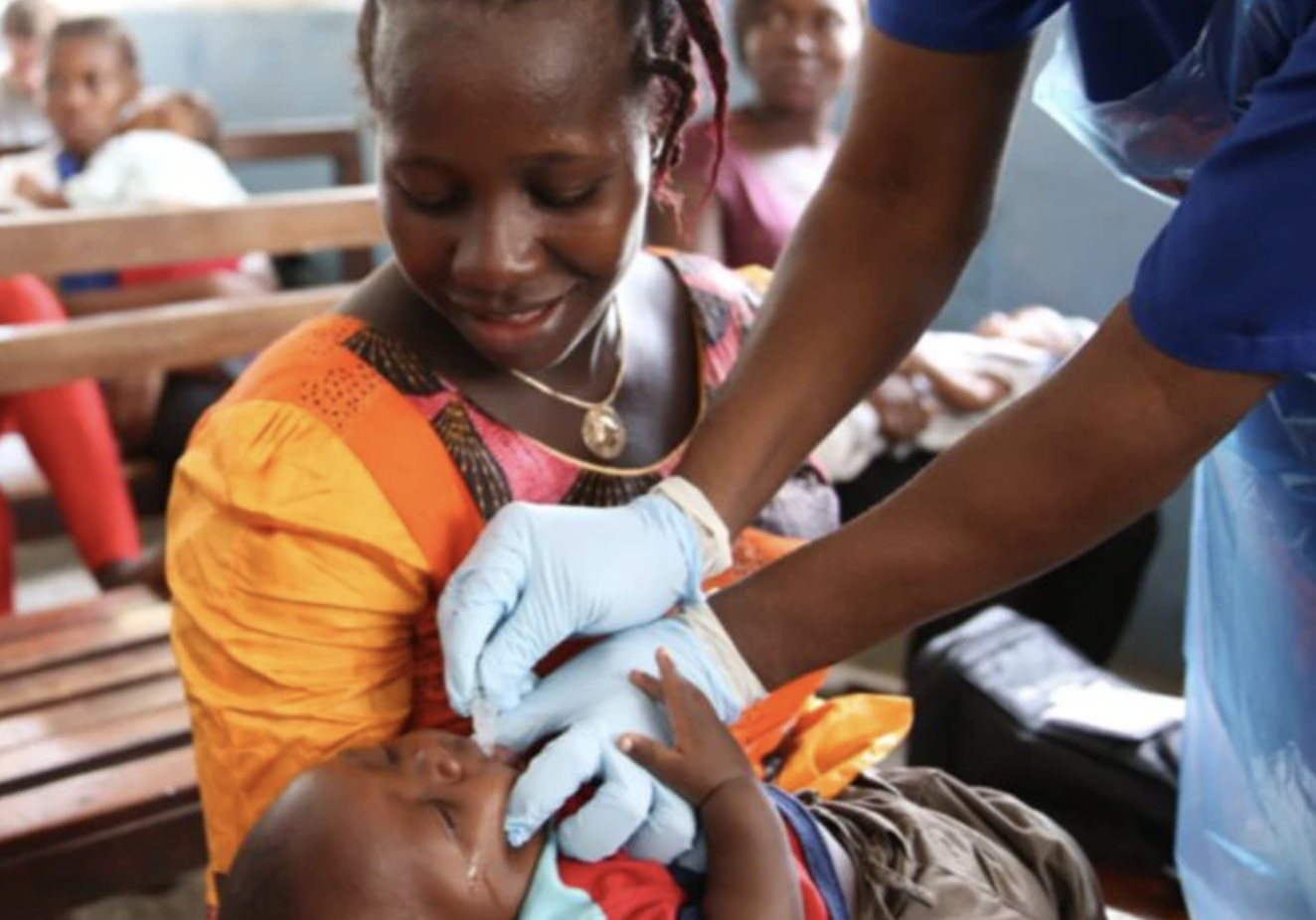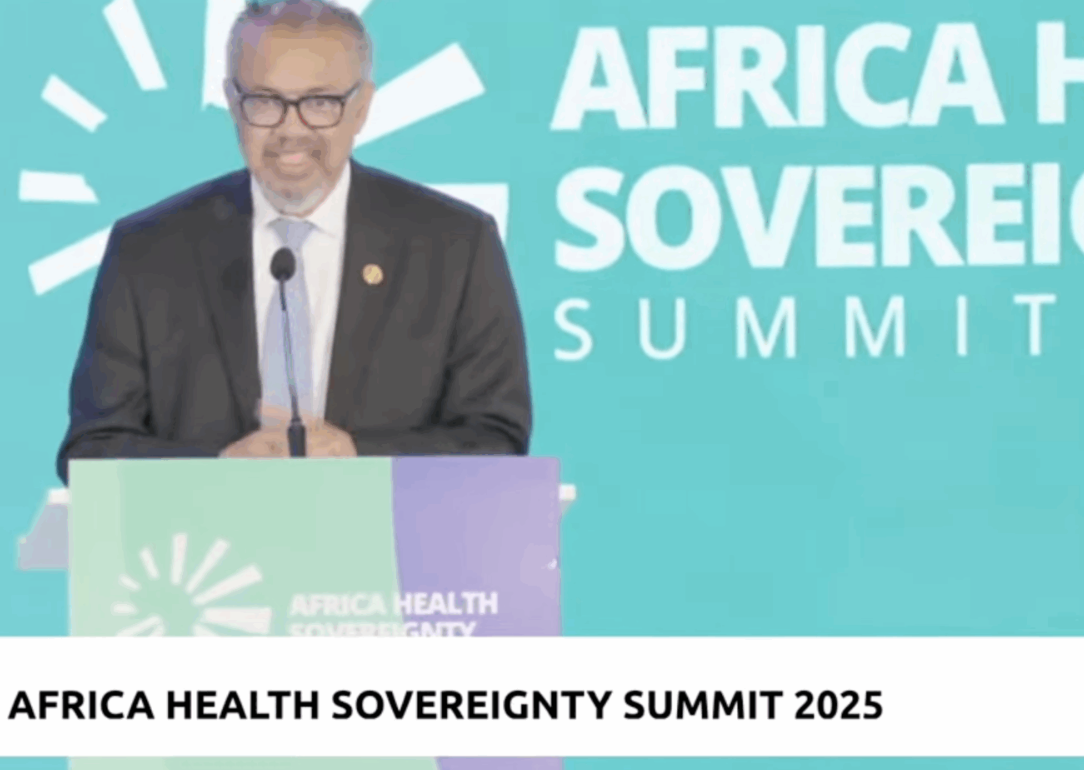At TICAD in Japan, UHC took center stage as Africa’s young, fast-growing population underscores the need for stronger health systems. Despite funding gaps and persistent risks, the World Bank and partners aim to expand access, boost resilience, and create jobs, with health as central to Africa’s future.
As African leaders, private sector representatives, civil society, and international partners convene in Japan for the ninth Tokyo International Conference on African Development (TICAD), health has emerged as a central theme. This reflects growing recognition that Universal Health Coverage (UHC)—ensuring access to quality healthcare and nutrition services without financial strain—is essential for human welfare, economic potential, and long-term resilience.
The stakes are particularly high in West and Central Africa, one of the world’s youngest and fastest-growing regions. Over 200 million children are expected to be born there in the next 25 years, meaning that by 2050 nearly a fifth of the world’s youth will live in the region. This demographic boost could drive economic growth, but only if investments are made in health and nutrition from the earliest years. Such investments are not only vital for child survival and learning outcomes but also for fostering a healthy, skilled workforce. Better health systems also mean job creation: the region could add 1.4 million professional health jobs and 800,000 community health worker positions. Expanding pharmaceutical manufacturing in Africa would strengthen local economies, reverse brain drain, and improve self-reliance. Healthy workers, moreover, translate into greater productivity; in Ghana, 40 percent of lost workdays are linked to malaria, underscoring the cost of ill health.
Resilience is equally important. The COVID-19 pandemic, Ebola, and other crises revealed how fragile systems can unravel, disrupting essential care and eroding public trust. Stronger systems must both deliver routine care and respond effectively to emergencies. Across the continent, innovation is taking shape. Nigeria is prioritizing primary care and cross-sector collaboration, Côte d’Ivoire is expanding its national health insurance with private-sector partnerships, Ghana is pursuing health financing reforms for integrated care, and several Sahelian countries are using performance-based financing to improve outcomes. Countries like Senegal and Madagascar are offering examples in tackling malnutrition that others can emulate.
Yet, challenges remain daunting. Access to essential services is still highly uneven, and the region faces overlapping risks from pandemics, climate shocks, food insecurity, and conflict. Government spending on health is persistently low, well below the Abuja Declaration’s 15 percent benchmark, while international donor funding is declining. This has made it urgent to mobilize more domestic financing and to use existing resources far more efficiently.
The World Bank—working closely with governments, Japan, and the World Health Organization—has committed to expanding health and nutrition access to 1.5 billion people by 2030, including 200 million in West and Central Africa. In June 2025, the Bank launched a new regional health strategy with three pillars: “Frontlines First,” focusing on quality primary and community-level care; “Fixing Finance,” aimed at smarter, increased investment in health; and “Future Fit,” centered on building resilient systems that can withstand shocks. Japan’s leadership on UHC has been pivotal in mobilizing resources, and new platforms like the UHC Knowledge Hub in Tokyo will strengthen global knowledge exchange with a focus on Africa.
While UHC in West and Central Africa will take time, the combination of political will, smarter financing, innovation, and international cooperation offers a credible pathway forward. The World Bank stresses that it will continue to stand with African nations in this effort, built on the principle that health is not a privilege but a universal right.



